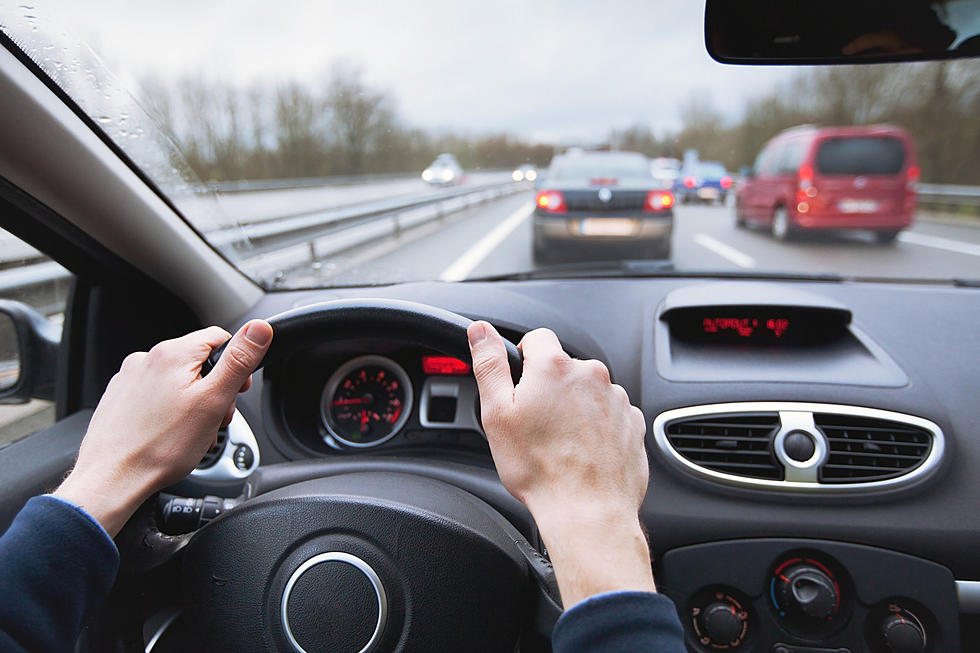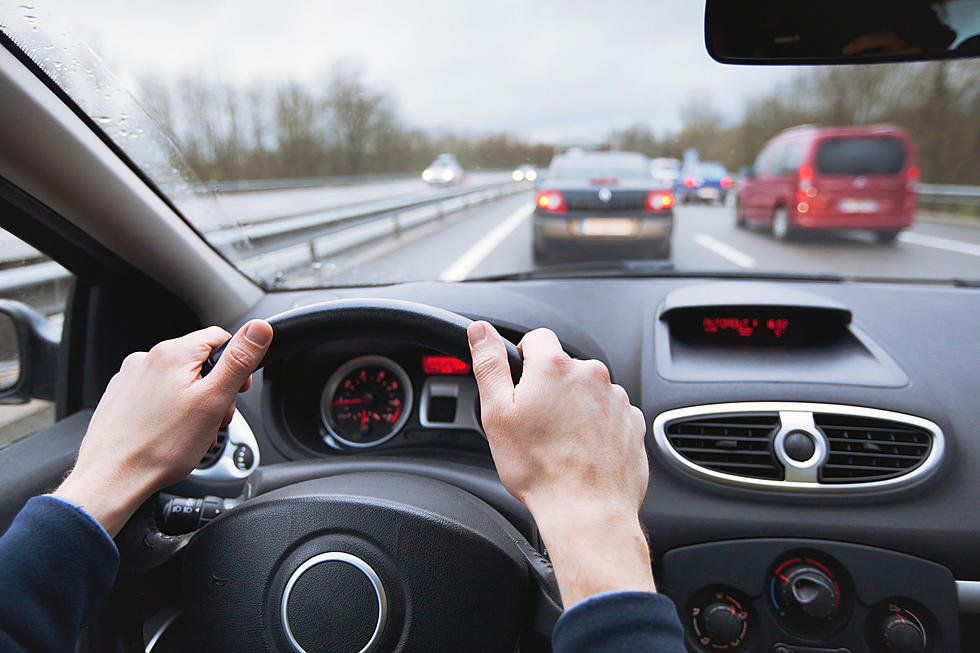
Even Modest Speed Increases Can Have Deadly Consequences
Small speed increases can have huge effects on crash outcomes, as shown in new crash tests conducted by the AAA Foundation for Traffic Safety, the Insurance Institute for Highway Safety and Humanetics. The safety organizations conducted crashes at three different impact speeds (40, 50 and 56 mph). They found the slightly higher speeds were enough to increase the driver's risk of severe injury or death.
You can download the crash comparison video HERE.
According to a press release from AAA Northeast, Data from the National Highway Traffic Safety Administration shows that since 2010 in Massachusetts, there have been more than 22,000 injury crashes involving unsafe speeds, including more than 2500 serious injury crashes. And from June to November 2020, more than 200 speeding tickets were issued each month to drivers speeding 100 miles per hour or higher—while 2019 saw no months with that number of speeding tickets.
More speed-related crashes occur on Fridays and Saturdays, and Boston, Springfield, Worcester, Brockton, and Lowell record the highest numbers of speed-related crashes.
According to the release, drivers often travel faster than posted speed limits, but when officials raise limits to match travel speeds, people still go faster. Today, 41 states allow 70 mph or higher speeds on some roadways, including eight states that have maximum speeds of 80 mph or more. A 2019 IIHS study found that rising speed limits have cost nearly 37,000 lives over 25 years. AAA and IIHS urge policymakers to factor in this danger from higher speeds when considering speed limit changes.
See the 2019 IIHS Study HERE.
We conducted these crash tests to assess the effect of speeds on drivers and learned that a small increase could make a big difference on the harm to a human body... A speeding driver may arrive at their destination a few minutes faster, but is the tradeoff of getting severely injured or even losing one's life worth it if a crash occurs? ~ Dr. David Yang, executive director of the AAA Foundation for Traffic Safety
Speed limits should not be raised or lowered only to manipulate traffic volume on a particular roadway. States are urged to use engineering and traffic surveys when setting maximum speed limits.
The recent study is the second part of the AAA Foundation for Traffic Safety research examining the effect of posted speed limit changes on safety. In the Foundation's first study, traffic engineers were asked how posted speed limits are set and what factors they consider in changing them.
You can see read about the first study HERE.

LOOK: See the iconic cars that debuted the year you were born
More From WBEC AM









